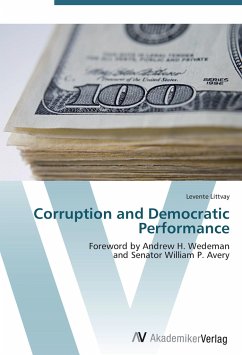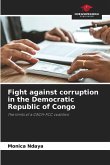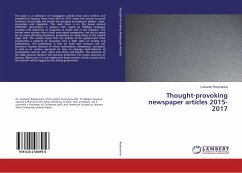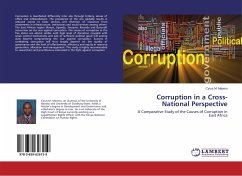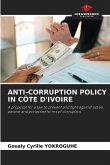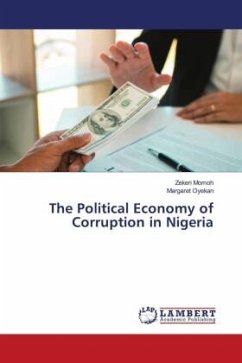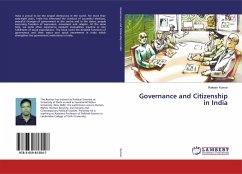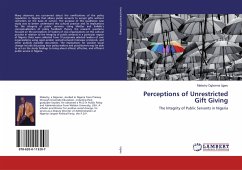Revision with unchanged content. The relationship between corruption and democratic performance has always been a key question for political economists. It is important in terms of understanding the incentives that may improve quality of life in less developed countries. In the past, studies of this relationship have suffered from a lack of analytical sophistication, failed to extract all available information from the data, and assumed causal direction without empirical testing. No previous study has utilized nearly all countries of the world across a large time span. This book goes deeper by overcoming these analytical challenges. The analysis includes data for 186 countries, from 1984 to 2004. The primary finding suggests that IMF and World Bank policies of lowering corruption before structural adjustment is granted are misguided. The book is addressed to advanced scholars of comparative political economy and quantitative analytical techniques, and includes a foreword by Dr. Andrew H. Wedeman and Senator Dr. William P. Avery, providing a broad overview of the topic.
Hinweis: Dieser Artikel kann nur an eine deutsche Lieferadresse ausgeliefert werden.
Hinweis: Dieser Artikel kann nur an eine deutsche Lieferadresse ausgeliefert werden.

